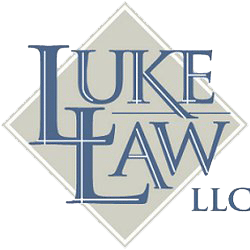Since 2013, the standard for evaluating the admissibility of expert witness testimony in Florida has been in flux. Prior to 2013, the long-standing standard in Florida was known as the Frye Standard, so named after Frye v. United States, 293 F. 1013 (D.C. 1923). In 2013, the legislature tried to adopt what is known as the Daubert Standard, which is used by a majority of states and the federal court system, by amending the rules of evidence in Florida Statute § 90.702. Since this amendment, there has been discord between the Legislature and the Supreme Court concerning whether this change was constitutionally permitted.
Why?
The Florida Constitution, in Article II, Section 3, prohibits one branch of government from infringing upon the power of another branch of government. When it comes to the relationship between the Legislature and the courts, the rule of thumb is that the Legislature has the authority to enact substantive laws that affect the court system, but only the Supreme Court has the authority to enact procedural rules. The question became whether this newly amended rule of evidence was substantive or procedural.
This week, in Delisle v. Crane Co., et al., SC16-2182, the Florida Supreme Court decided that the amended rule of evidence was not substantive and therefore unconstitutional. With this decision, the prevailing standard in Florida for the admissibility of expert witness testimony reverts back to the Frye standard, which is that expert testimony should be deduced from generally accepted scientific principles.
Who cares?
In her concurring opinion, Justice Pariente wrote about her concern that using the Daubert standard affected a person’s constitutionally protected right to access to the courts. As the Daubert standard is intended to be more flexible, an unintended consequence is that it creates more litigation before the trial over the admissibility of experts. It applies to many more cases and increases the cost of litigation. In her opinion, she noted that the Florida Bar’s Code and Rules of Evidence Committee recommended rejecting the change because of the risk of overburdening the court system and impeding upon a litigants ability to prove her case.
Overall, this decision should ultimately lower the cost of litigation. This is particularly important to potential litigants who need representation on a contingency basis. Attorneys will be in a position to take on cases with lower damage estimates. At Luke Law, we handle these sorts of cases regularly. If have been told by other attorneys that they can’t take your case because of the cost restraints, give us a call. We may be able to help. 904-637-2700.
*Disclaimer: This blog post is not intended to be legal advice. We highly recommend speaking with an attorney if you have any legal concerns. Contacting us through our website does not establish an attorney-client relationship.*
